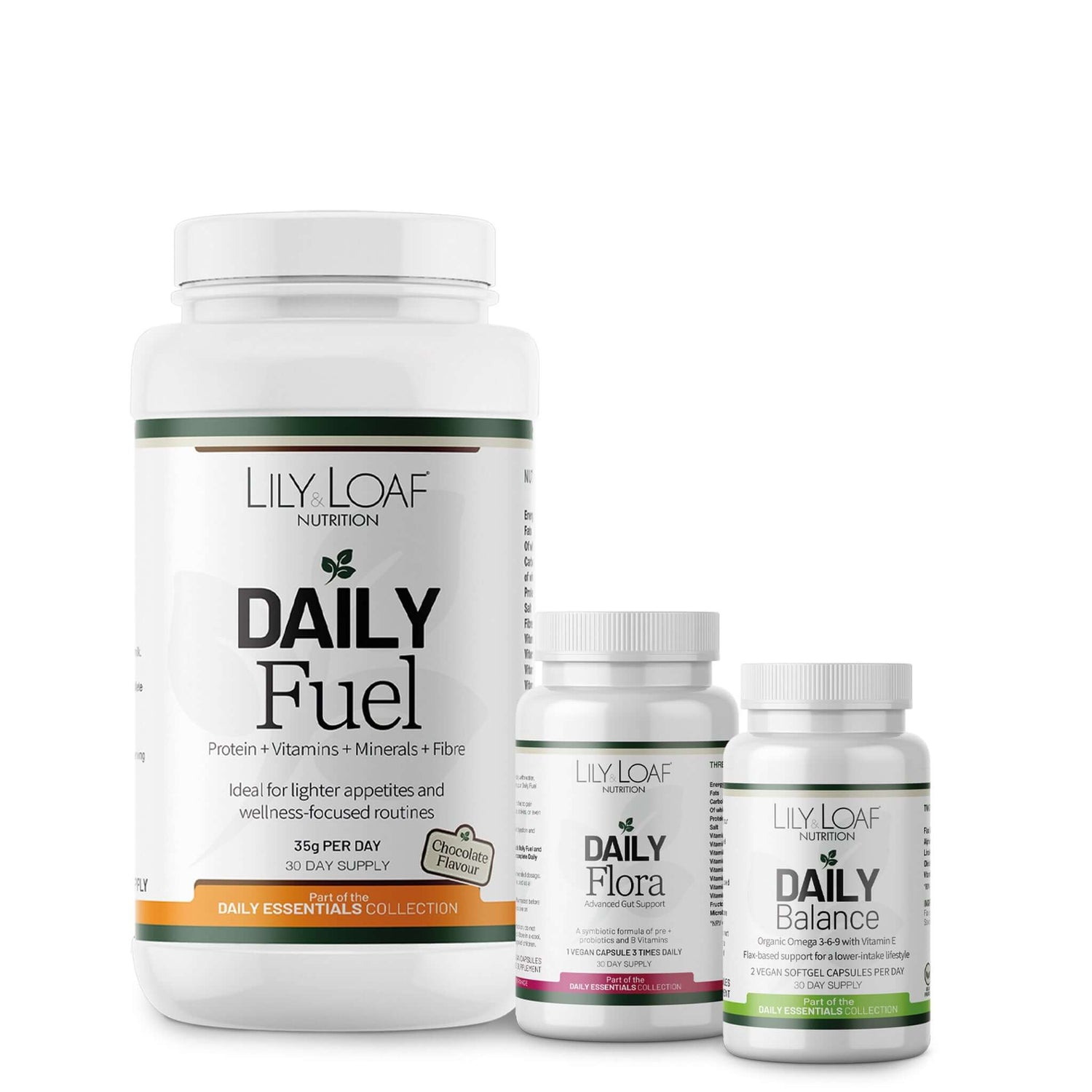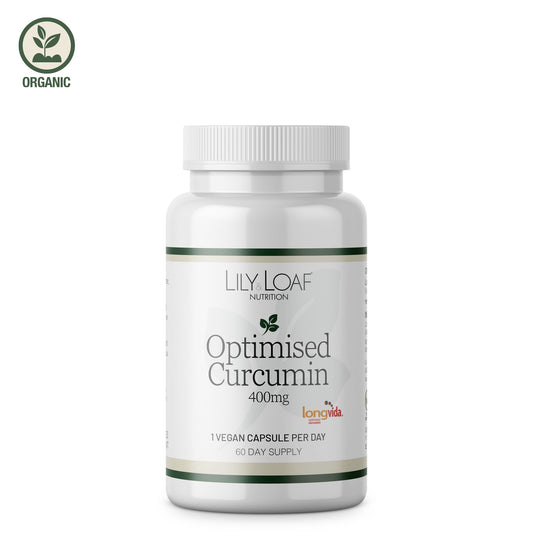Access Denied
IMPORTANT! If you’re a store owner, please make sure you have Customer accounts enabled in your Store Admin, as you have customer based locks set up with EasyLockdown app. Enable Customer Accounts

Supporting Immunity
The immune system defends against illness and infection, helping prevent colds, flu, and other ailments. A strong immune system also aids quick recovery. Provide your clients with products to support resilience and year-round health.

Supporting Immunity
The immune system defends against illness and infection, helping prevent colds, flu, and other ailments. A strong immune system also aids quick recovery. Provide your clients with products to support resilience and year-round health.
-
Optimised Curcumin
Vendor:Lily & LoafRegular price €17,70 EURRegular priceUnit price / per -
Goji Berry
Vendor:Lily & LoafRegular price €8,86 EURRegular priceUnit price / per
Collection: Immunity
Invalid password
Enter




